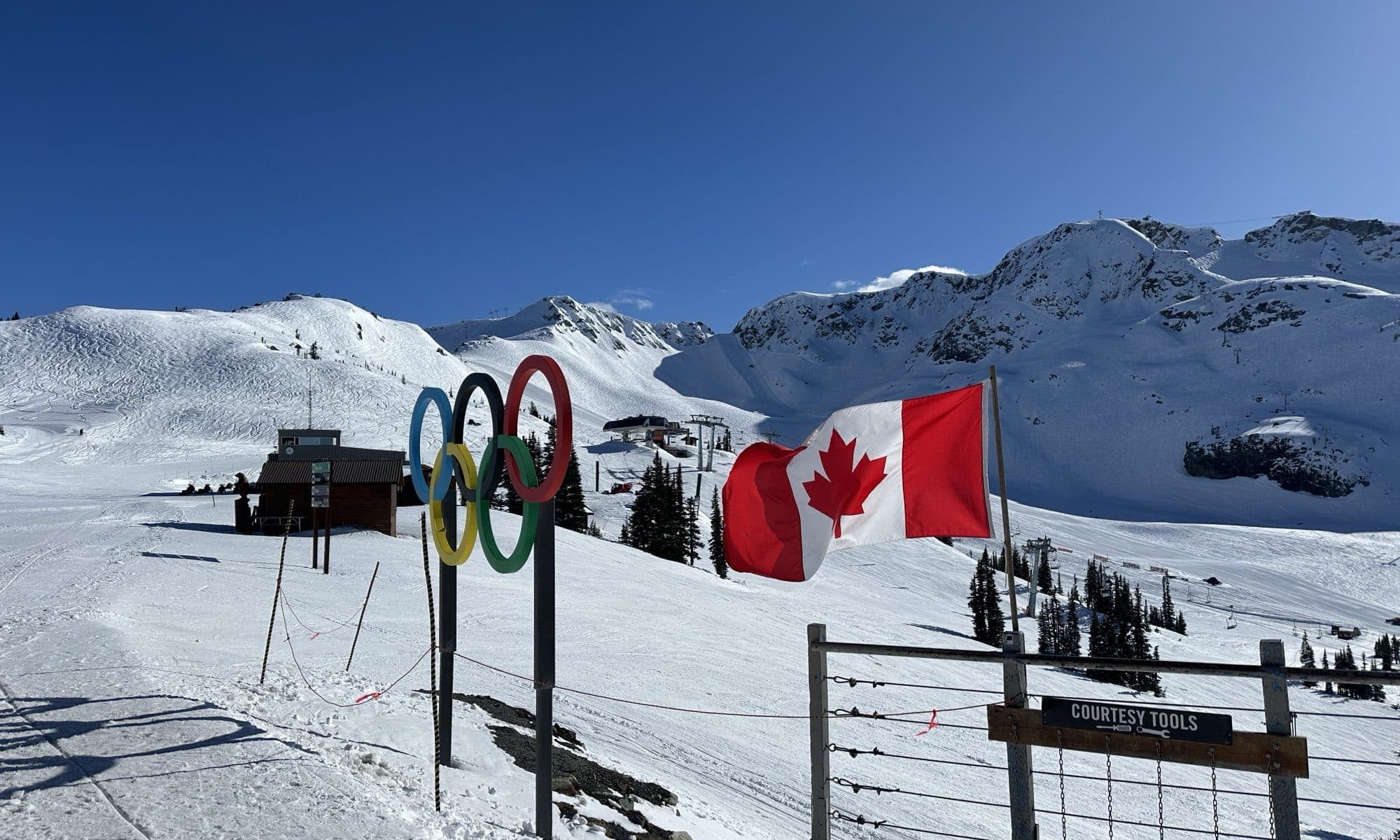Non-Resident: Essential Information for Buying, Owning, and Selling Whistler Real Estate
The purpose of this page is to offer a non-resident of Canada information on buying, owning, and selling their Whistler home. Granted this site is all about ski-in ski-out, however, the information provided below serves all aspects of Whistler real estate.
Please remember, when buying or selling you will need to retain a BC lawyer and a BC accountant. These professionals will verify this information, and advise you how it affects your personal situation. From whose name the property should be in, to how any revenue affects your personal tax situation, all these topics are for those professionals.
The purpose of the non-resident pages is to give you a good sense of what you need to take care of when buying or selling a property as a non-resident.
I look forward to hearing from you and guiding you through your purchase or sale.
Non-Resident Pages for Buying, Owning and Selling
Non-Resident: Buying
Non-Resident: Buying Process
Non-Resident: Finance and Funds
Non-Resident: Owning
Non-Resident: Taxes and Fees
Non-Resident: Selling
Non-Resident: FAQ
Next Steps
If you think I would be a good fit to work with you and your family, and you are not already working with a Whistler realtor, please contact me. My name is Marion Anderson, and I help non-residents buy real estate in Whistler.
Marion
Marion Anderson Real Estate Agent
Sutton Group – West Coast Realty, Whistler, B.C.
marion@marionanderson.com (604) 938-3885


